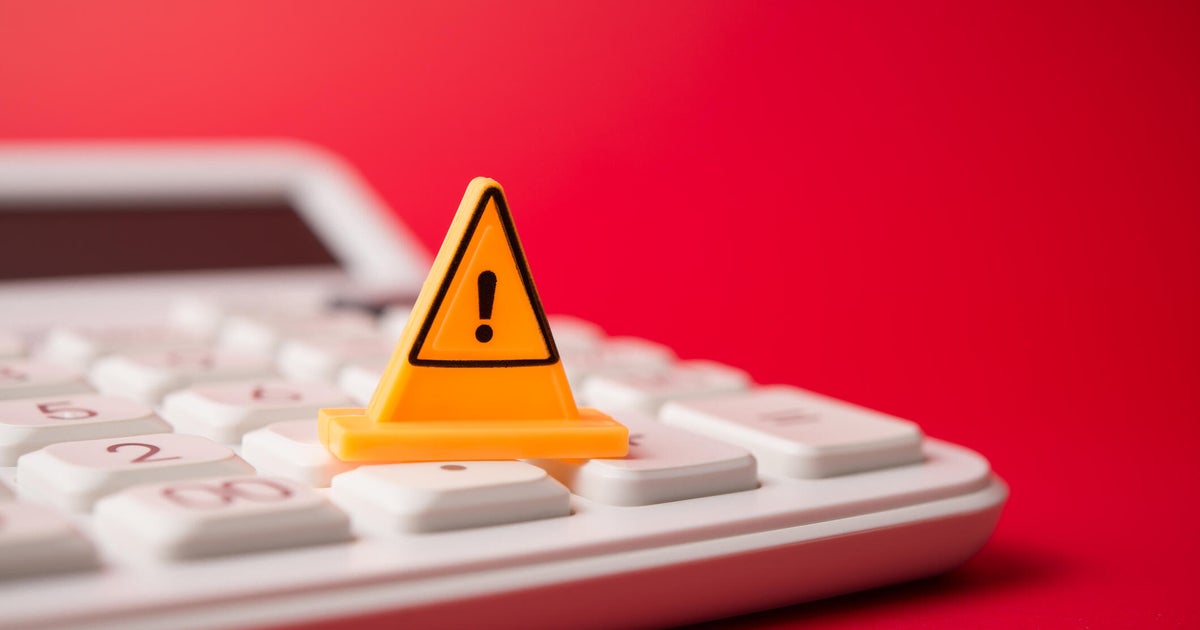Inflation looms over shoppers heading into Black Friday
Black Friday marks a return to familiar holiday shopping patterns, but inflation is weighing on consumers.
Elevated prices for food, rent, gasoline and other household costs have taken a toll on shoppers. As a result, some shoppers are reluctant to spend unless there's a big sale, and they're being really selective with what they buy. Shoppers are also dipping more into their savings, turning increasingly to "buy now, pay later" services and running up their credit cards.
Isela Dalencia, who was shopping for household essentials like detergent at a Walmart New Jersey this week, said she's delaying buying holiday gifts until Cyber Monday. She plans to wait again until the week before Christmas to get the best deals.
"I am shopping less," Dalencia said, noting she will spend about $700 for holiday gifts this year, one-third less than last year.
Katie Leach, a social worker in New York City, was also browsing the aisles at Walmart but said she will start holiday shopping during the first week of December as usual. This time, however, she'll be relying more on bargains, her credit card and "buy now, pay later" services to get her through the shopping season because of surging prices on food and other household expenses.
"The money is not going as far as last year," Leach said.
Closed on Thanksgiving
This year's shopping strategies are a sharp contrast from a year ago when consumers bought gifts early out of fear of not getting what they needed amid clogs in the supply chain. Stores didn't have to discount much because last year because they were struggling to bring in items.
But some pandemic-born habits have stuck around. Many retailers that closed stores on Thanksgiving Day and instead pushed discounts on their websites to thin out crowds at stores are still holding onto those strategies, despite a return to normalcy. Major retailers including Walmart and Target closed on Thanksgiving.
The National Retail Federation estimates that 115 million people plan to shop in stores and online this year on the traditional day of discounted shopping and an estimated 64 million people are expected to shop on Cyber Monday.
Against today's economic backdrop, the federation expects holiday sales growth will slow to a range of 6% to 8%, or about $942 billion dollars, up from a blistering 13.5% growth of a year ago. Adobe Analytics expects online sales to be up 2.5% from November 1 through December 31, a slowdown from last year's 8.6% pace.
Retail analysts consider the five-day Black Friday weekend, which includes Cyber Monday, a key barometer of shoppers' willingness to spend, particularly this year. The two-month period between Thanksgiving and Christmas are about 20% of the retail industry's annual sales.



